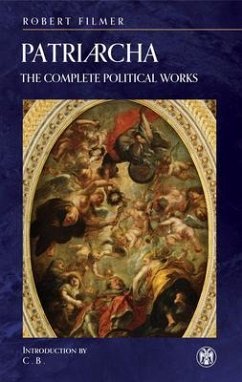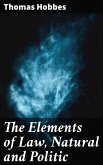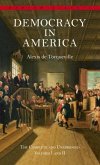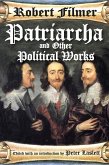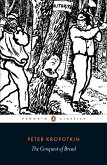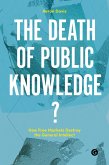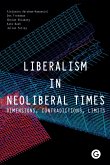Robert Filmer is the greatest proponent of the divine right of kings the English-speaking world has ever produced. Writing in defence of the Stuart kings against an increasingly strident parliament, he shows by arguments from reason, history, and scripture that the sovereign is necessarily a king, whether in name or not.
But Filmer's importance is much broader than the question of sovereignty. His patriarchalism shows that legitimacy can only derive from earlier legitimacy and ultimately from the divine, offering a powerful counter-revolutionary philosophical framework with fatal implications for democracy and
constitutionalism. Small wonder that liberals felt it necessary to respond to him, and in the introduction to this volume, it is shown that his most famous critic-John Locke-never successfully refuted him.
But Filmer's importance is much broader than the question of sovereignty. His patriarchalism shows that legitimacy can only derive from earlier legitimacy and ultimately from the divine, offering a powerful counter-revolutionary philosophical framework with fatal implications for democracy and
constitutionalism. Small wonder that liberals felt it necessary to respond to him, and in the introduction to this volume, it is shown that his most famous critic-John Locke-never successfully refuted him.
Dieser Download kann aus rechtlichen Gründen nur mit Rechnungsadresse in A, D ausgeliefert werden.

